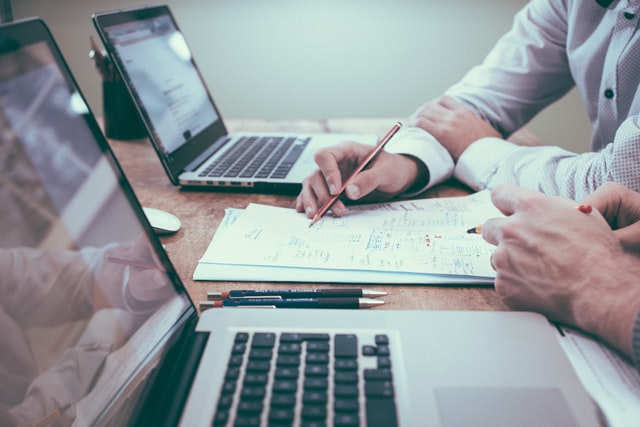The world might seem like a chaotic place where outcomes depend on pure chance, but in fact almost every day is really driven by just a few key factors. In economics, it’s those factors that allow us to make good predictions about what will happen with prices tomorrow, next year, and 2065. And the way economists think is radically different from how we might use intuition or guesswork to try and predict the same things — which means that understanding how they think can help you do better at predicting your life and career as well. Economists assume that the typical person who starts her own business does so with the intention of making a profit — which means she’ll have to charge more than she can get out of the business in the long run. In other words, her profits will eventually fall short of her costs.
But on paper, if you’re trying to predict that outcome, it doesn’t seem like it’s possible — what kind of idiot opens a business that’s going to lose money? But let’s say you’re trying to estimate how many people will start their own businesses within the next year or two. You might assume that most of them are going to be able to afford (or just want) an entry-level model with below-average price tags, but still charge higher prices when they go into high gear.
How To Think Like Economists :
1. Be optimistic about the future-state.
Some people just don’t like to think that the world is going to end someday, even though thousands of years of history suggest that it probably will. But economists need to be optimistic about the future. The interesting questions — the ones for which accurate predictions matter — concern what will happen long-term rather than in any particular year or decade. So economists have to be able to assume that everything will continue going forever as it has in the past.
2. Focus on the long term.
The weird thing about economists is that they’re never satisfied to look at things on a short-term basis. In other words, they don’t care whether you can afford your new TV if you have to pay off the loan you took out for it before next week’s paycheck comes in; they care about whether this purchase is going to affect your finances five years from now. To them, even a few hours is too short-term — and that’s actually a good thing because it means economists can get a clearer sense of what’s really going on than a lot of other people.
3. Assume that everyone’s trying to make a buck.
The cool thing about economics is that it’s a discipline that assumes every single person is inherently a selfish jerk. Economists aren’t just wondering about whether the Good Samaritan will visit the guy who just had his skull bashed in with a rock — they’re also interested in why the Good Samaritan’s own personal finances seem like they’re pretty decent. After all, there are tens of thousands of people who are probably much poorer than he is, but there aren’t too many people who have ever even seen anyone get bashed in the head with a rock — let alone made any money off of it.
4. Assume that costs and benefits are hard to measure.
People have a hard time measuring lots of things — and economics is the discipline that looks at all the stuff that’s really hard to measure, like personal happiness and whether or not some guy got his skull bashed in with a rock this morning. When you’re trying to figure out what anybody’s doing, it’s best to start by looking at what they’re spending money on and see if they seem happy; that’ll help you tell if they think their spending is worth it.
5. If you want something, buy it — unless you can’t afford it.
There are lots of products that people could theoretically buy but never do. But if they think they really really want it, they’re going to spend their money on it eventually (unless there’s a temporary cash-flow problem). And if they give up and decide not to buy the product any more, the main reason is usually that they’ve found another product that’s an even better deal for them.
6. When buying something new, first consider how much more you’ll spend if you get the upgrade.
A lot of people out there could get the new iPhone 6, but they’d rather just stick with their 4s. Their main reason for that is that they’re afraid to give up the amazing experience of getting a new iPhone every year. And so, economists tell us, it’s actually more valuable to hold off buying a new phone for a year and upgrade on schedule. In fact, many people who do buy the new iPhone 6 when it comes out get kind of miffed because they’ve already spent all their money on other stuff and are looking at paying double for an upgrade that’s coming up in a few months.














